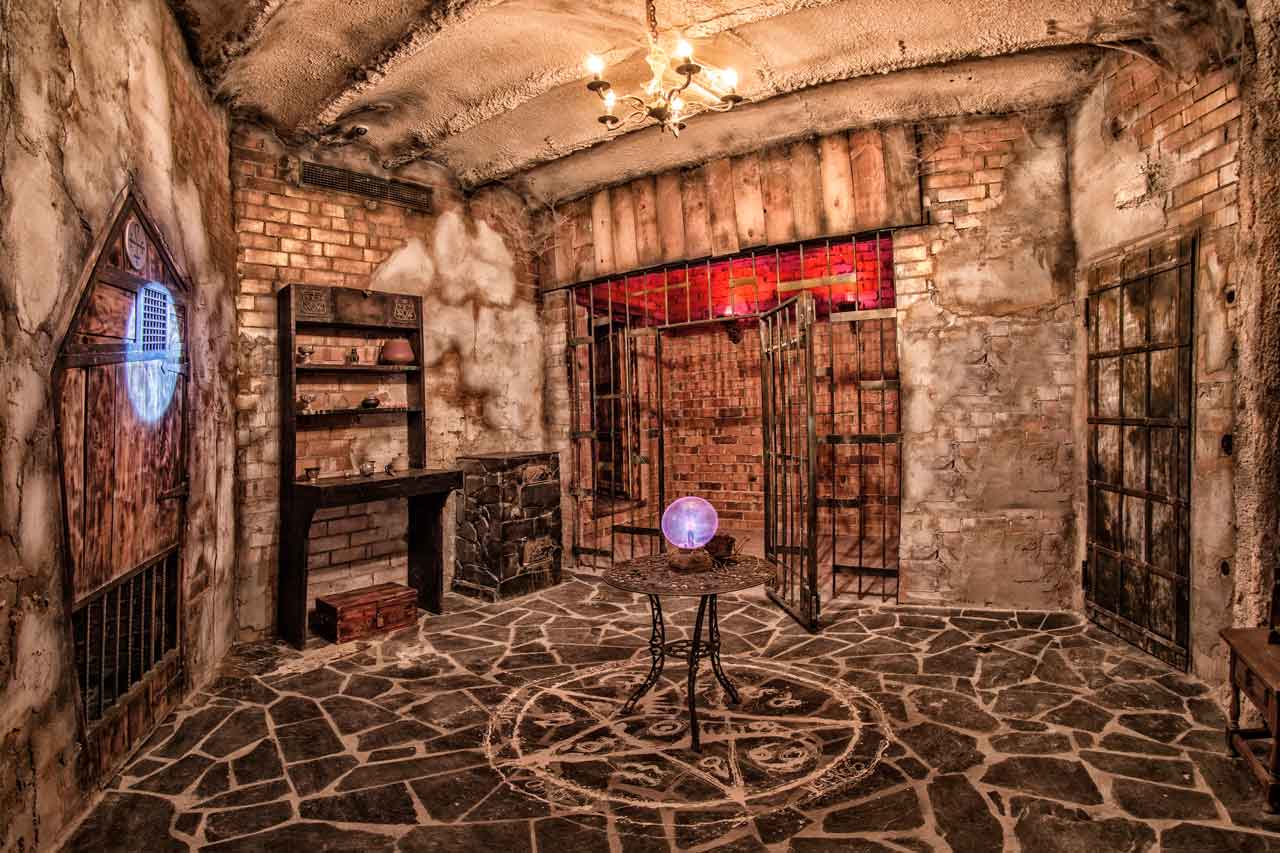Explore Why Escape Rooms Are Fun and Deal a Distinct Way to Bond With Buddies and Family
Retreat areas have actually arised as a fascinating kind of amusement, offering a mix of immersive narration and mental stimulation that is both difficult and fulfilling. What exactly establishes retreat spaces apart as a bonding experience?

Immersive Narration
While the concept of escape rooms might originally appear straightforward, it is the immersive storytelling that truly establishes them apart. These experiences are thoroughly created to move participants into an additional world, weaving compelling narratives that astound and involve. From the moment players enter the space, they are wrapped up in a very carefully crafted ambience, total with intricate information, sound results, and thematic aspects that offer to improve the storyline.
Each retreat area features a distinct plot, usually entailing a goal or mystery that participants should solve within a set timeframe. The storyline is not merely a background yet is essential to the experience, influencing the layout of challenges and the format of the room. This narrative-driven technique ensures that every element, from the hints to the decor, adds to the unraveling story, creating a natural and immersive atmosphere.
Additionally, the use of sophisticated innovation and interactive functions better deepens the immersive experience. As an example, electronic user interfaces, augmented truth, and sensory impacts can make the tale come active, allowing participants to feel as though they are really part of the unfolding drama. This immersion fosters a feeling of exhilaration and necessity, boosting the overall enjoyment of retreat spaces.
Psychological Stimulation
Taking part in retreat areas supplies individuals a special kind of psychological stimulation that challenges cognitive capabilities in diverse and revitalizing means. These immersive experiences require people to resolve intricate problems, understand codes, and think seriously under time restraints. This setting fosters boosted analytical skills, as individuals must browse a collection of complex obstacles that need sensible thinking and imaginative thinking.
Retreat spaces usually include a selection of challenge types, from mathematical formulas to linguistic riddles and spatial recognition jobs. Addressing a cipher might develop analytical skills, while a physical puzzle might improve hand-eye control and spatial reasoning.
Moreover, the time-sensitive nature of retreat areas adds an element of stress that enhances cognitive efficiency. Individuals are encouraged to believe swiftly and effectively, improving their capability to process information and make choices swiftly. This elevated state of mental task can result in increased emphasis and sharper cognitive capacities, making getaway areas not only an enjoyable diversion but likewise an important workout for the brain.
Synergy and Participation
Unforgettable Experiences
Frequently, among the most engaging facets of getaway areas is the development of remarkable experiences that linger long after the video game has actually wrapped up. The immersive nature of retreat rooms, with their complex puzzles and engaging stories, provides individuals with a feeling of accomplishment and friendship that is tough to replicate in various other social tasks. These experiences become treasured memories, usually recounted with interest and fond memories.
The collaborative effort called for to solve the difficulties promotes an one-of-a-kind sense of unity among individuals. best escape room orlando Pals and family members are provided the chance to function with each other in a high-pressure, yet fun environment, enhancing bonds and boosting communication skills (escape room in orlando). The common triumphes and even the occasional failures contribute to a collective feeling of success and joy
Moreover, the thematic diversity of escape spaces guarantees that each experience is unique. Whether browsing a haunted estate or understanding ideas in a spy-themed setup, the selection maintains the exhilaration fresh and the memories brilliant. This selection not just accommodates different rate of interests however likewise guarantees that each check out to a getaway room is a distinct adventure.
Essentially, retreat areas supply extraordinary experiences that develop enduring connections and offer stories to be valued for several years to find.
Final Thought
Escape rooms supply a distinct opportunity for bonding with their immersive storytelling, psychological excitement, and reliance on synergy and participation. These aspects collectively develop an electrifying atmosphere that challenges individuals, promoting cognitive growth and enhancing connections. The thrill of overcoming intricate problems with each other leads to memorable experiences and a profound feeling of accomplishment. Getaway areas emerge as a one-of-a-kind and satisfying activity, integrating entertainment with the advancement of essential social and cognitive skills.

Structure on the foundation of synergy and teamwork, the thrill of the difficulty in escape spaces offers individuals an exhilarating experience that checks their problem-solving capabilities and mental acuity - escape room orlando.Additionally, the thoroughly crafted intricacy of escape spaces makes certain that no two experiences are alike.Commonly, one of the most compelling elements of retreat rooms is the development of remarkable experiences that linger long after the game has actually ended.Furthermore, the thematic variety of retreat rooms guarantees that each experience is unique